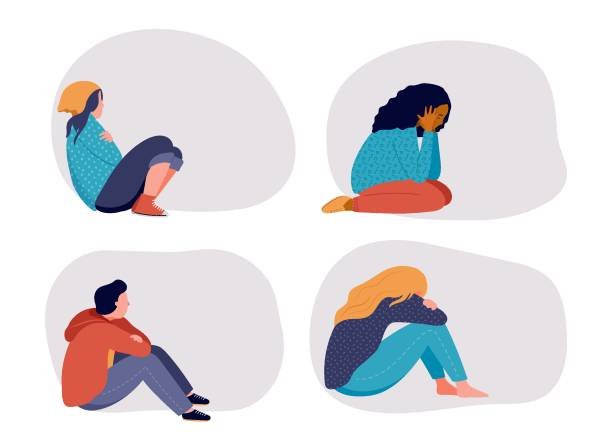Having a mental health conversation has never been easy progress, yet there is a great deal of amplification in recent years about mental health awareness with the breakthrough of social media platforms. People are still trying to figure out receptive curiosity through learning and unlearning process. Sensitivity and insight are pivotal points in understanding the importance of mental health in our life and not just physiological health. A vulnerable mind is transparent and does allow any room to mask ourselves with toxic positivity. Vulnerability allows us to accept, and work with our mental health problems rather than concealing with denial and unrealistic affirmations.
Taking care of our mental health is not just about focusing on trends to make it seem aesthetic rather it should be a safe space for everyone to experience the luxury of independence in mental health, having the power to choose, and validate our psychological state and emotions. Employing effective coping mechanisms to deal with stressful situations would help facilitate in the long run rather than brushed under the carpet, celebrate oneself, and work on things that best align with our abilities. Being susceptible to mental health problems or illness does not define us; instead, it takes all kinds to make this world. Seeping into psychological turmoil, stressful situations, adjustment issues, and negative mental and emotional experiences does not make us fundamentally wrong neither it is a label of “insanity”. We don’t always need to seek professional help or therapy to manage depression, anxiety, or any psychotic illness.
- Things we can do to prioritize our mental health:
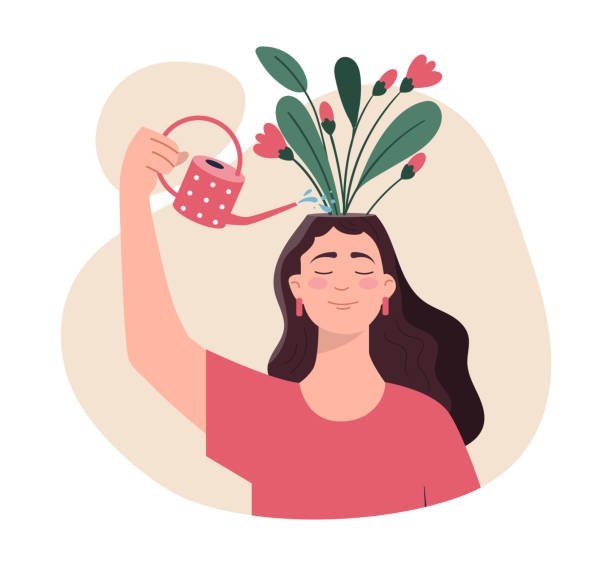
- Self-care does not always have to appear aesthetically appealing instead it’s the minute details in our life that make a difference such as taking out time for ourselves to engage in productive activities, taking a walk-in nature, keeping up with due work, treating ourselves with good meals, even sleeping in extra time on weekends and being kind to ourselves.
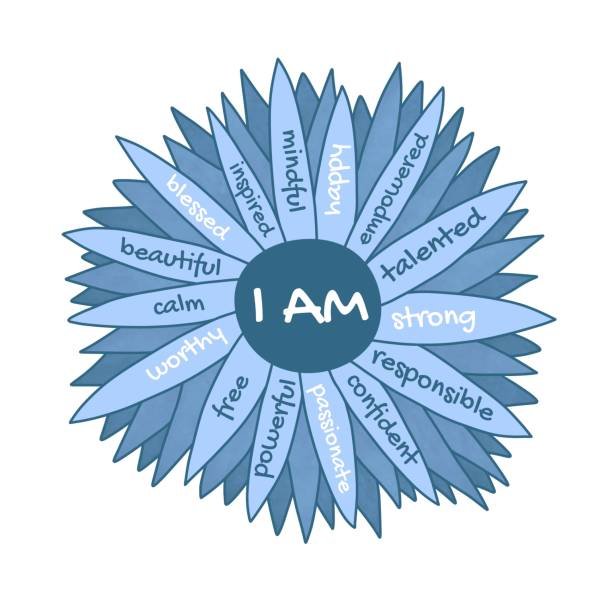
- Positive self-talk is important to facilitate healthy thinking in stressful situations and reflecting on our small achievements, reminding ourselves about things we can do, and not attempting to shoulder all responsibilities which are not humanely possible.
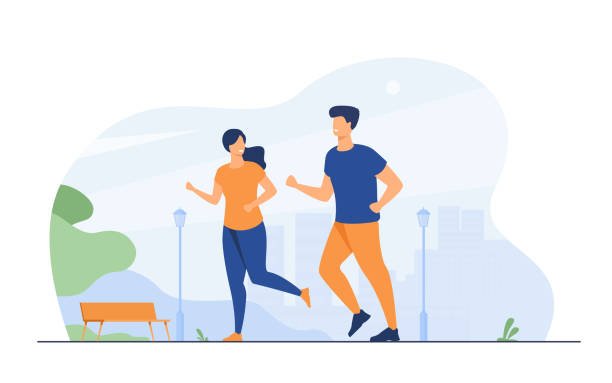
- Physical activities boost our hormones that help regulate our mood, emotions and manage stress. It also helps stimulates our brain functions and release good neurotransmitters like endorphins that foster relaxation.

- Journaling is a safe personal space that allows us to dump our pending thoughts and help identify what triggers our mental health that reduces anxiety and stress. Recognizing our negative thoughts and beliefs helps develop insight and self-awareness by restructuring our thoughts into more acceptable alternatives and realistic affirmations.
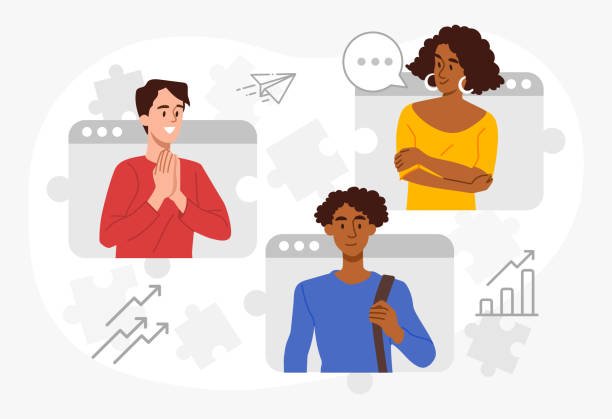
- Associating with positive people greatly stimulates our mental health and well-being. Keeping ourselves away from the toxic environment that fosters negativity, whingeing, gossip, and helplessness serves to ameliorate the situation so we must make sure to surround ourselves with positive people to whom we can talk, associate with and seek support from.
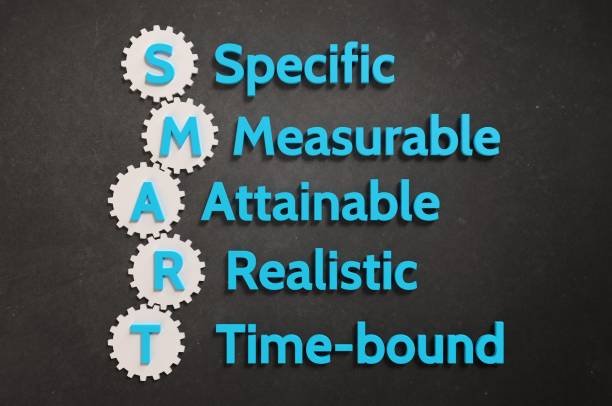
- Setting Realistic Goals is a powerful way to boost our self-esteem and fulfil our purpose and values. It is important to note that we ought to set realistic goals that are attainable and aligned with our capabilities as it provides a sense of direction and purpose. Identifying our ability help us to find a context where we are most able to grow and thrive and is also an indispensable component of personal growth and success. It also helps in maintaining better time management, increasing motivation, reducing stress and anxiety, gaining greater resilience, and having a positive impact on well-being and overall performance.
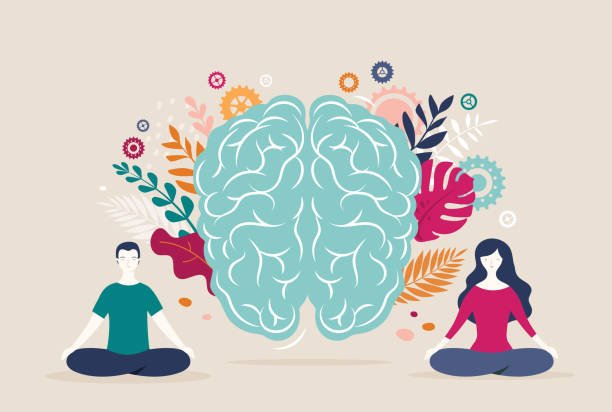
- Mindfulness Meditation has received an increased interest clinically and is an effective practice in improving mental health that aids to deal with restless and chaotic demands of life through focused attention on internal events such as breathing, positive emotions, controlled thought, and concentration that elicit physiological and mental relaxation. It teaches us to abide in the present moment, being objectively aware of and accepting our internal states of emotions, feelings, and bodily sensations rather than being critical of ourselves which triggers negative consequences. Meditation is not only the solution to achieve relaxation; simple things such as reading a book or taking a warm bath can also improve relaxation.
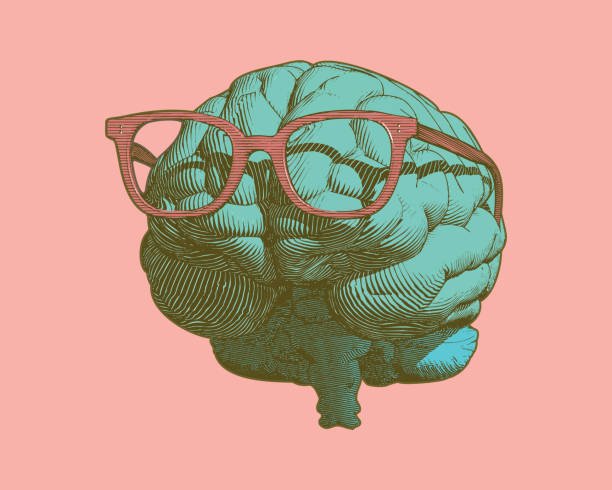
- Visual Imagery is also another method in which we can use our imagination to captivate a serene, calm, and peaceful place or situation using as many senses as we can. This includes mental relaxation and even enhances performance in demanding situations.
In conclusion, prioritizing mental health is a crucial aspect of overall well-being. Taking practical steps to care for our minds and emotions can lead to a happier and more fulfilling life. Practicing self-care, positive self-talk, physical activities, Journaling, setting realistic goals, practicing mindfulness and meditation, and Visual imagery foster a positive mindset, a renewed sense of identity, serenity, focus, clarity, and inner peace. Together we can support one another and create a meaningful life filled with purpose and fulfilment ensuring greater understanding of our part in the world.
